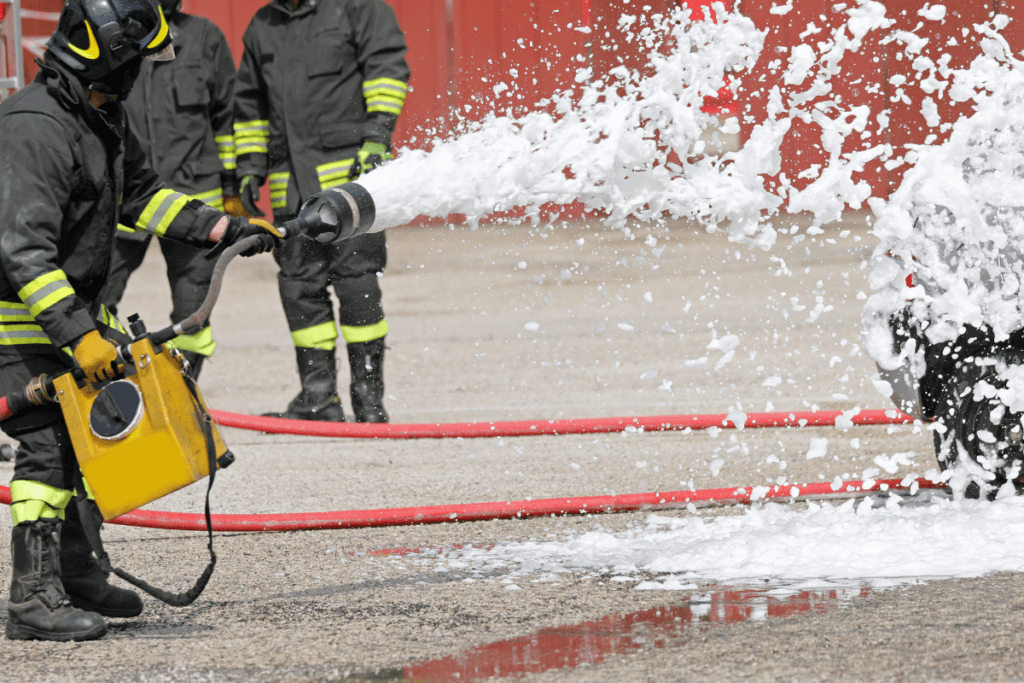ENVIRONMENTAL DEFENCE, BREAST CANCER ACTION QUEBEC, CANADIAN ASSOCIATION OF PHYSICIANS FOR THE ENVIRONMENT
Canadians still unknowingly exposed to toxic chemicals in consumer products
Toronto | Traditional territories of the Huron-Wendat, the Anishnaabeg, Haudenosaunee, Chippewas and the Mississaugas of the Credit First Nation – The federal government announced today that they will delay action on requiring disclosure of toxic ingredients on labels of consumer products. This stall tactic denies consumers the right to know about ongoing hazardous chemical exposures and allergens that are currently not disclosed on everyday products such as cosmetics and cleaning products.
By delaying action and addressing only a small number of substances, the government has signalled that it will not meet its election platform promises and Ministerial mandate letters commitments on this important issue. The flame retardant commitment, for example, would only deal with a single type of flame retardant (since the government has only completed one assessment) out of hundreds within this class of chemicals. Most of the needed actions have been delayed to at least Spring 2023 – a year late, with no specificity on what will be regulated or how.
The failure to act demonstrates the need to amend the newly introduced Bill S-5, which is intended to modernize the Canadian Environmental Protection Act (CEPA).
The government has already undergone years of consultation and has received multiple reports that underscore the need to strengthen CEPA. Notably, a 2017 Parliamentary committee report recommended action on labelling for consumer protection and transparency. Canada is also falling behind Europe and California, which already require product labelling. The EU requires products to be labelled with health warnings for harmful ingredients and carcinogens. California brought in labelling regulations in 2017, flagging allergens and other substances of concern.
Building on a commitment made last Spring by former Environment Minister Jonathan Wilkinson, the Liberals’ 2021 Election Platform commits to the following:
“By Spring 2022, move forward with mandatory labelling of chemicals in consumer products, including cosmetics, cleaning products, and flame retardants in upholstery, that may have impacts on our health or environment.”
While these delays continue and mandates are ignored, the widespread use of these products continues to impact our health and contaminate the environment.
Tim Gray, Executive Director, Environmental Defence said:
“This is about the right of all Canadians to know what harmful chemicals they are exposed to in everyday products. The government’s failure to act on labelling toxic chemicals in consumer products is an attack on the health of all Canadians. If the government can’t or won’t provide this within their own proposed timeline, we must make it a mandatory requirement through Bill S-5.”
“Mere months after being re-elected, the government is trying to punt real action on toxics until after the next election.”
Jennifer Beeman, Executive Director, Breast Cancer Action Quebec said:
“Labelling of ingredients and substances in products is a fundamental issue of corporate accountability and there is no reason for the government to delay action on this. Corporations have huge latitude in terms of the substances they use in their products, including substances that are toxic and endocrine-disrupting. But then they fight labelling and having to disclose publicly what they use and to take responsibility for it. The use of toxic substances should no longer be hidden from view. Toxic exposures are affecting our health in profound ways. We need full disclosure of ingredients and labelling on the items we use every day or that will be in our homes for years to come.”
Jane McArthur, Toxics Campaign Director, Canadian Association of Physicians for the Environment said:
“Exposure to toxic substances in the products we use in the many environments we live, work and play in is a critical human health concern. One of the mechanisms that people in Canada can use in their efforts to prevent exposures – particularly within certain windows of vulnerability to harm from exposures – is to act on their awareness of product ingredients through transparent labelling. The right to know about exposures is a right that at the very least grants notice of potential harm and provides the transparency people in Canada want about possible exposures and related adverse health impacts. Action on labelling now means prevention of potential health harm in the future. Delay leaves the door open for more adverse health outcomes.”
Environmental Defence is a leading Canadian environmental advocacy organization that works with government, industry, and individuals to defend clean water, a safe climate, and healthy communities.
Breast Cancer Action Quebec is a feminist, environmental health organization whose mission is the prevention of breast cancer, with a particular focus on environmental factors linked to the disease. Working in collaboration with a wide range of groups, BCAQ educates on toxics and other health issues and works for a clean environment and communities that support the health of their members.
The Canadian Association of Physicians for the Environment (CAPE) is a physician-directed non-profit organization working to secure human health by protecting the planet. Since its founding in 1993, CAPE’s work has achieved substantial policy victories in collaboration with many partners in the environmental and health movements. From coast to coast to coast, the organization operates throughout the country with regional committees active in most provinces and all territories.
-30-
For more information or to request an interview, please contact:
Paula Gray, Communications Manager, Environmental Defence, pgray@environmentaldefence.ca, 705-435-8611
Viorica Lorcencova, Internal Coordinator, Breast Cancer Action Quebec, viorica.lorcencova@acsqc.ca, 514-443-8437
Pamela Daoust, National Communications Director, Canadian Association of Physicians for the Environment, pamela@cape.ca, 514-267-2589





